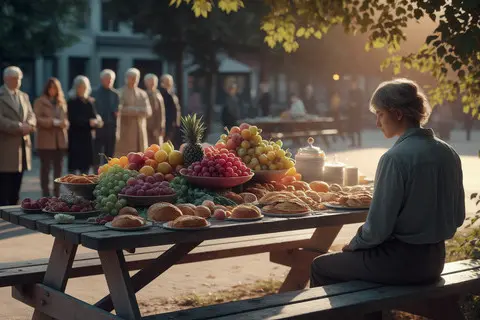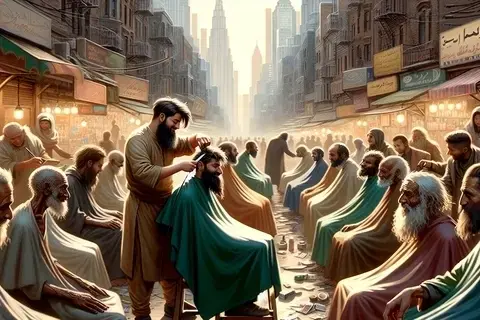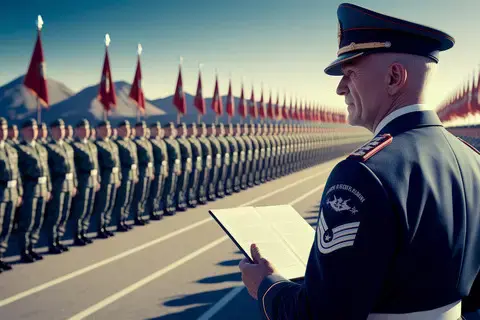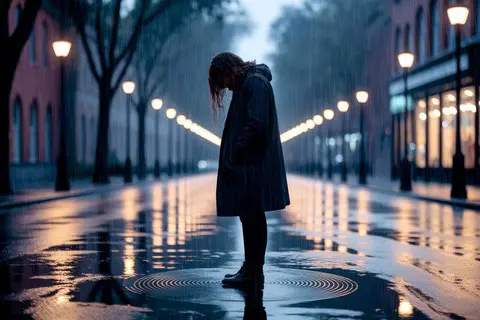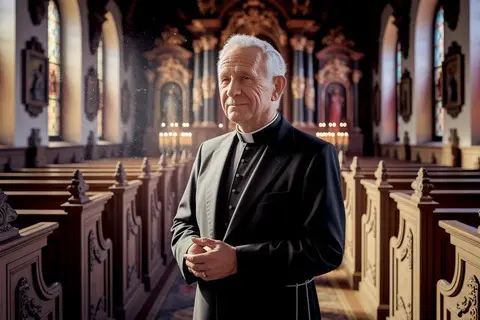Sharing is Caring: Building Community & Relationships
Discover the true essence of 'sharing is caring' and its impact on building genuine connections and strong communities.
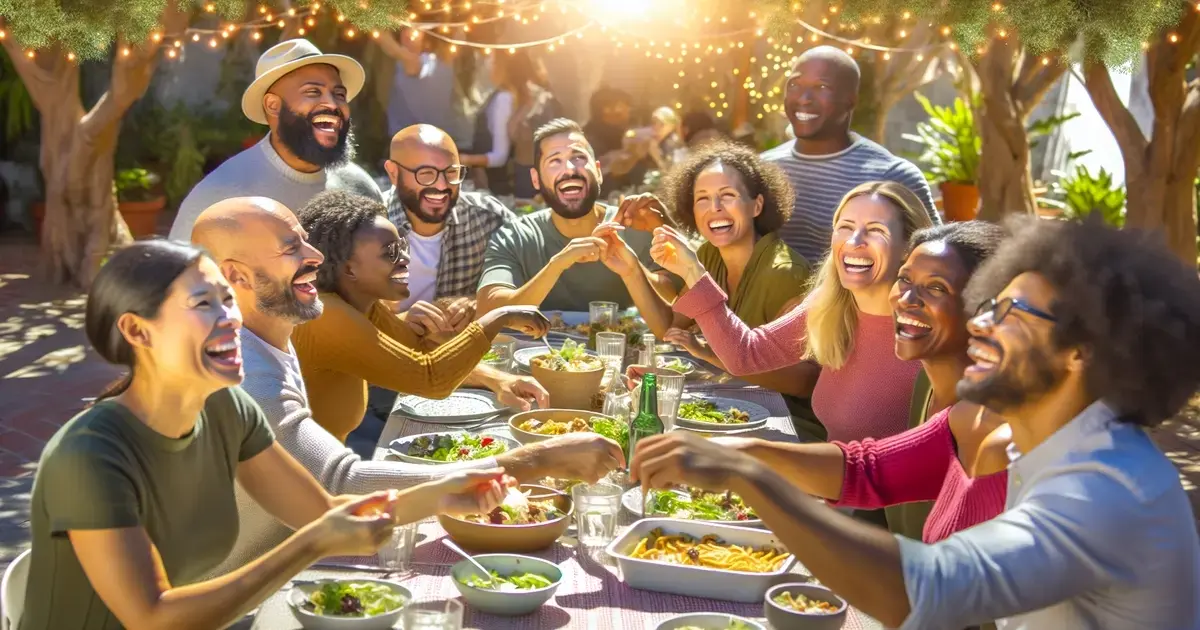
Sharing is caring, a way of being kind by sharing what you have with others, like sharing food, stories, and time. In everyday life, friends and family share additional bread; neighbors frequently share homemade bread in Marrakech. Friends often gather around the mint tea and recount stories from their week.
This small gesture makes everyone want to be around one another, turning strangers into friends and friends into family. Even small acts—like sharing a favorite spot in Medinaa or splitting a sweet orange from the market—grow trust and joy in the community.
In a society where families instill this lesson in kids from an early age, sharing is something you don't have to teach. The following portions illustrate how sharing produces tangible change in Marrakech and elsewhere.
" Sharing—whether food at a potluck, lending a tool, or offering your time—strengthens relationships and creates a sense of belonging in neighborhoods and online communities. "
- Key Takeaways
- What Does "Sharing is Caring" Really Mean?
- Why Sharing Matters Deeply
- Every Day Sharing Examples Around Us
- Sharing Builds Stronger Communities
- The Feel-Good Factor: Benefits for You
- Sharing in the Modern Digital Age
- Challenges and Considerations in Sharing
- Cultivating a Sharing Mindset
- Conclusion
- Frequently Asked Questions
Key Takeaways
- Sharing is caring! This straightforward but potent idea runs deeper than childhood fables. It reflects our values of kindness, respect, and trust, and brings civility back into our interactions with one another in our everyday lives.
- Sharing—whether food at a potluck, lending a tool, or offering your time—strengthens relationships and creates a sense of belonging in neighborhoods and online communities.
- When we share, we practice empathy and are better equipped to serve the needs of others. This leads to more meaningful relationships and more nurturing neighborhoods.
- When sharing comes with tangible, personal benefits, it has many incredible benefits. You’re happier, less stressed, and more fulfilled. It cuts down on clutter and leads to more valuable engagement.
- In our increasingly connected communication networks, sharing is simpler than ever before! It’s important to model healthy boundaries, privacy practices, and thoughtful sharing with others online.
- Starting small—like sharing a kind word or helping a neighbor—can spark positive change, and leading by example at home and in the community encourages a culture of generosity for everyone.
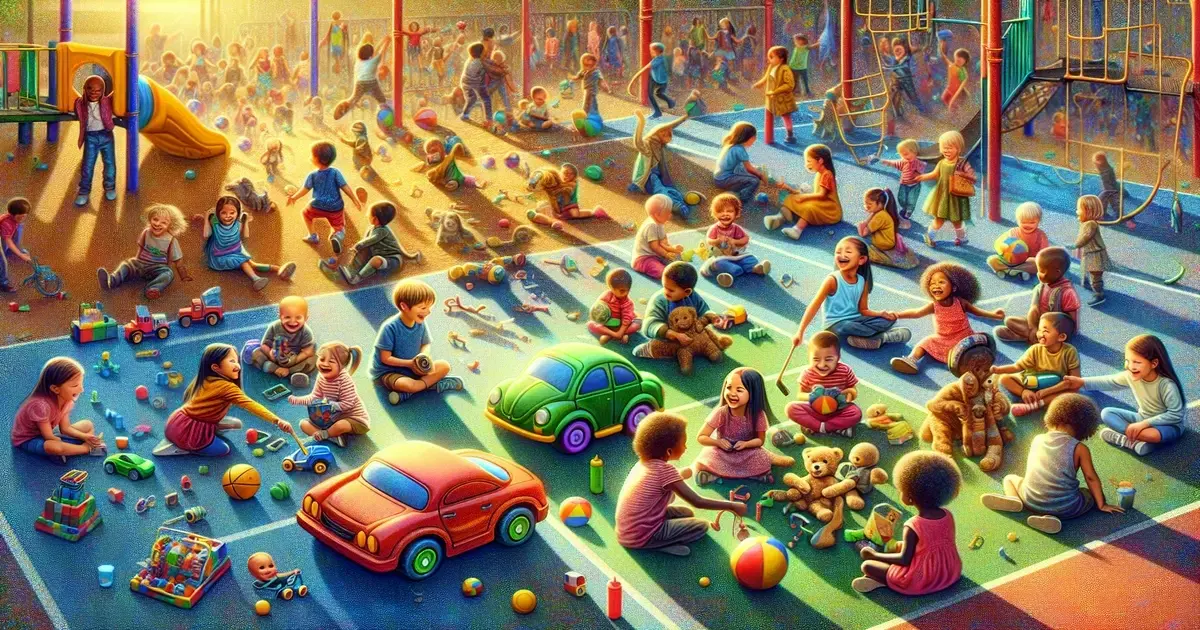
What Does "Sharing is Caring" Really Mean?
"Sharing is caring" is at the center of nearly every culture. Here in Morocco, hospitality is truly a way of life, with open doors and hot steaming plates of food ready for guests. As an expression of caring, it speaks to the importance of sharing meals, knowledge, or time.
Sharing cultivates trust and solidarity, forming relationships that extend past a mere transaction. It's not just about giving a piece of stuff, it's about sharing a piece of yourself, your time, or your narrative. The effects last long after the splash, creating healthier communities and deeper social connections.
1. Defining the Core Idea Simply
At a fundamental level, sharing is a good thing to do for other people. My neighbor brought a bunch of fresh mint to use in our tea, and a good friend shares job opportunities with you. Both acts are simple gestures of kindness.
These acts of kindness ignite a sense of community and connection, bringing people together and inspiring us all to do better. Lastly, these acts showcase the human spirit. Moroccans will gladly tell you which stalls have the best wares in Marrakech's crowded souks. They make an incredible impact on helping strangers, emphasizing how simple it can be to make an impact in everyday life.
2. Beyond Childhood Lessons: Adult Relevance
Adults play "sharing is caring" in professional settings via collaboration or guidance. When professionals share insights and resources, this increases trust and respect.
It's not only for kids—adults foster deeper connections and more effective groups by helping or sharing expertise.
3. It's About Empathy in Action
Empathy is being able to feel what someone else is experiencing. Sharing is just one way of acting on that feeling, whether sharing an ear or a meal.
It creates opportunities for people to see and feel one another's needs, cultivating a greater sense of empathy and compassion.
4. The Connection Between Giving and Caring
The idea behind giving is that it emerges from a sense of caring. When we offer, we make both sides feel important.
Then, there's the increase in quality of life from that act, and caring deepens.
5. How We Use the Phrase Today
"Sharing is caring" is a phrase you might encounter online, in conversations with family, or while doing community service. People use it to promote everything from ride-sharing to co-working.
It's a perfect phrase for many occasions and promotes good teamwork.
6. A Glimpse into Its Origins
That concept goes back to the teachings on generosity, which were found in every faith and culture that inspired it. Over the years, it has evolved from a lesson taught in childhood to a lifestyle.
This evolution combines traditional wisdom with modern means of dissemination.
Why Sharing Matters Deeply
Sharing truly is at the core of how humans interact and flourish as one, even more so in intimate settings such as Marrakech. It affects not just individual wellness, but the vibrancy of our communities as well. When folks share, from lending a hand to passing along a favorite recipe, it plants deeper roots for trust and friendship.
New research suggests that children as young as three begin to grasp the emotional aspect of sharing. Research with children in China shows that when kids have the opportunity to give, they tend to report feeling happier. These first lessons are deeply imprinted, determining those we can connect to forever.
Builds Stronger Neighborhoods
Whether swapping a garden tool or gaining access to a computer, sharing resources creates authentic neighborhood connections. Everyone benefits when neighbors pool what they have, perhaps through a local lending library or shared workspace.
Whether it is a street clean-up or a book swap, community events foster deeper personal connections and demonstrate the strength of what we can achieve together. In Marrakech, our shared courtyards and communal meals served as a constant reminder of how collective action raises us all.
Whether through peer-to-peer lending or reuse networks, these connections that the sharing economy facilitates make it easier to address local challenges.
Fosters Trust and Connection
Trust deepens with each sharing, be it a brew or a business resource like a printer. Together, these acts illustrate that people can be reliable and create a pathway for future assistance.
Whether sharing space at the office or using a computer from a neighboring home, these experiences deepen shared trust. Given enough time, communities that exchange hosting duties and share favors and resources shift into places where folks care for one another.
Creates a Sense of Belonging
Being made to feel included is essential. We invite others in by sharing, bridging divides, and creating a greater sense of home. Shared spaces—community gardens, public Wi-Fi, or art spaces—make people feel recognized and important.
Participating in a community potluck or exchanging recipes isn't enjoyable for some. It's a form of tokenism, in other words, even if it is unintentional. This sense of belonging can improve their mental health and bridge social divides.
Teaches Valuable Life Lessons
Sharing is a learned skill that fosters essential life skills such as collaboration and compassion. When kids share toys or snacks with friends, they practice reading emotions and collaborating.
These lessons don't just disappear—they influence how we approach issues and treat others as adults. Parents and educators who model sharing encourage children to associate giving with joy, building a compassionate, hopeful society.
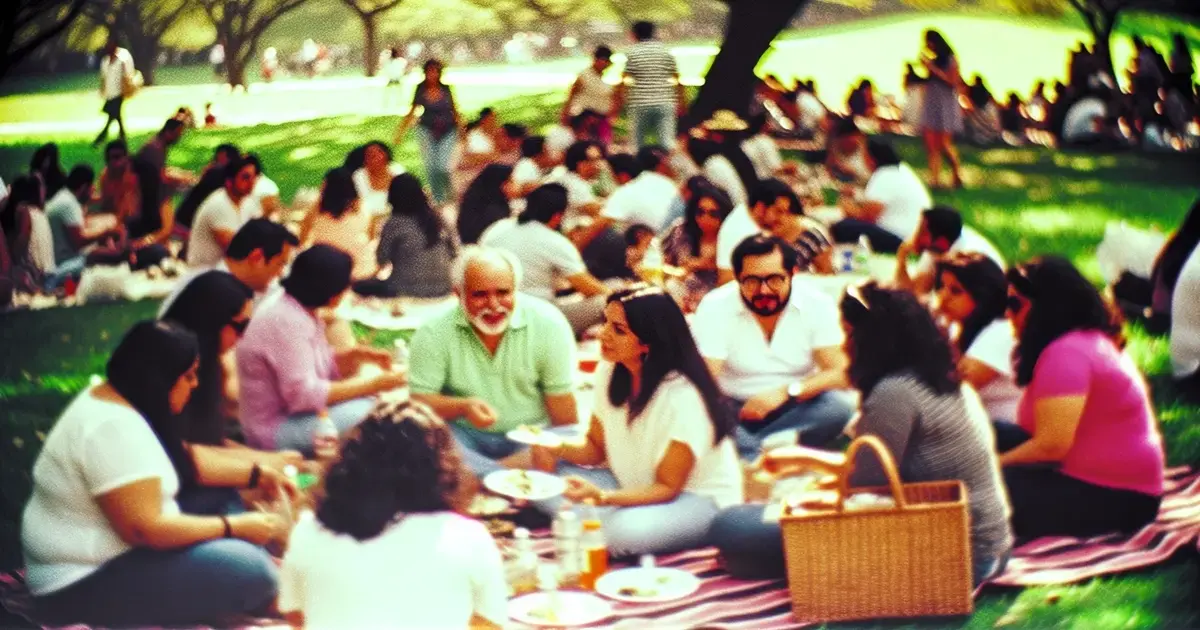
Every Day Sharing Examples Around Us
Sharing is one of the most significant ways we interact with the world—it's fundamental to sharing space and creating community. It's so deep that it plays out in big and small ways, even crossing food, time, tools, and laughter. Generosity, or largesse, is central to many cultures and religions.
In many communities, it is considered a reflection of a deep community ethos. Here are a few everyday moments where sharing takes center stage:
- Swapping snacks at school or work
- Lending a hand with chores or group projects
- Passing around books or tools in the neighborhood
- Taking turns during games or activities
- Sharing knowledge, lessons, or stories with others
- Forwarding helpful or funny digital content online
The competition is fierce! Sometimes, sharing is more spontaneous, like at these potlucks. Sometimes, it's spontaneous, just because you're nice, such as sharing a pizza at a taverna. Sharing is woven into the fabric of everyday life, but it can only be found if we begin to look for it.
Sharing Food: Potlucks to Pizza Slices
Food-sharing connects us all, whether sharing family meals at Iftar during Ramadan in Marrakech or mates passing around tagine at the long table. Potlucks, where everyone brings a dish to share, are widespread in local communities.
At schools, children share chips or divide a banana without second-guessing. In Morocco, serving mint tea is an easy, everyday gesture of concern. These acts of sharing create intimacy and familiarity, transforming meals into something more profound than a meal.
Lending Tools or Helping Neighbors
Lending a hammer or assisting in mending a bike are traditional forms of neighbor-to-neighbor sharing. It's a cost-saver and friend-maker, saving a lot of money.
In close-knit neighborhoods of Marrakech, residents regularly watch each other's houses or water plants. Acts like these make neighbors out of strangers and ensure community ties are ever more resilient.
Offering Your Time and Skills
Volunteering at local events or teaching a friend a new skill is another form of sharing. In Marrakech, it is not uncommon to see locals offer their time to help at souks or local charities.
Offering your time, whether for tutoring or just helping someone with groceries, raises all those who give and those who receive.
Sharing Knowledge and Information
Information is shared through mentorship, open dialogue, and storytelling in convenings, and ingenuity is inspired. During our time in Marrakech, we learned that storytelling in the Medina is a cherished tradition.
Whether in WhatsApp groups or community knowledge-sharing platforms, they continue to share knowledge, inspiring and building up others.
Digital Sharing: Files to Funnies
With more and more people sharing things at the click of a button online, digital sharing is ubiquitous. It creates that community, whether it's sharing a recipe, a work file, or a funny meme.
It's equally important to share responsibly—sharing what's safe and helpful, not just what's trending. Digital sharing originated in the 1960s with computer time-sharing, democratizing technology, and creating more interactive experiences.
Sharing Builds Stronger Communities
Strong communities emerge when neighbors share knowledge, skills, talents, and resources. Sharing is more than exchanging material objects; it means exchanging abilities, stories, and ideas.
In American cities, where space is limited and expenses are high, sharing becomes the norm. Whether it's a car share, a tool library, or something else entirely, people always search for innovative ways to pool resources. This trend has been further accelerated by Millennials, who tend to value access over ownership and prioritize community over things.
How Sharing Strengthens Local Bonds
When people share, they develop trust and dependability with one another. Imagine neighbors who share garden tools, or local organizations that exchange childcare services. This sharing cultivates a sense of interdependence.
Local communities become more resilient as people understand that help is always around the corner. Everyday things, from lending a ladder to exchanging a recipe, can build bonds of friendship. Shared goals include creating a community garden, uniting people, and allowing communities to flourish.
Community Projects Thrive on Sharing
From our experience, the most successful community projects begin when people get together. Working together allows concepts to develop into tangible outcomes.
For example, "Little Free Libraries" let neighbors swap books, turning a simple box into a hub for learning and connection. Time banks —where people exchange services such as tutoring or bicycle repair—illustrate how shared skills can address various needs.
When everyone shares the same vision, even the most difficult projects become manageable, and an overwhelming feeling of pride develops.
Creating Resilient Neighborhoods Together
Collective action creates resilient communities. Sharing best practices and resources increases community disaster preparedness and overall health.
In other cities, residents share access to solar power or operate food co-ops, reducing pollution and beautifying the community while keeping it safer. With shared responsibility comes a culture in which community members watch over one another and protect the integrity of their neighborhood.
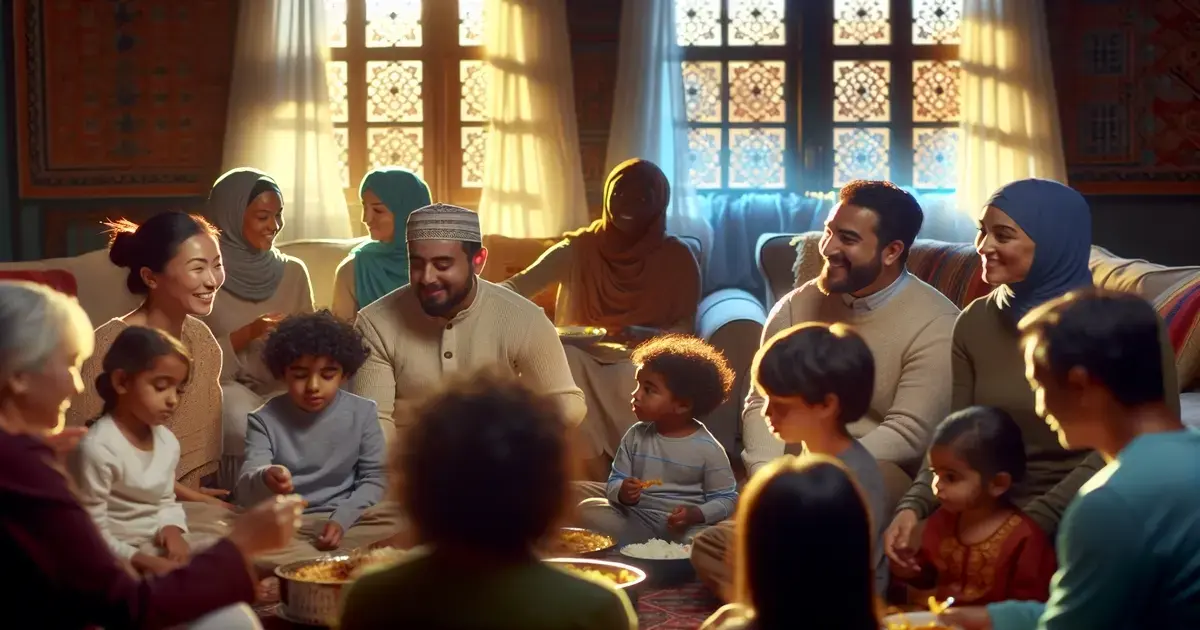
The Feel-Good Factor: Benefits for You
Sharing goes beyond the transactional nature of sharing. It splices people together and creates a community fabric beyond donating or receiving. Crowded public square markets are welcoming in cities such as Marrakech, and family celebrations spill into the public space.
Sharing becomes a part of everyday life, allowing individuals to connect with their communities in richer, more profound ways.
The Joy of Giving Generously
There's a quiet reward in giving, whether it's passing homemade couscous to a neighbor or lending a helping hand at the souk. We humans tend to take great pleasure in giving to others. Research finds that sharing joy with others increases happiness.
In addition, it improves people's ability to get through difficult days. The joy of sharing food around a family table, sitting around a campfire at a café, and sharing a great story from one of your adventures can make the worst day great again.
When generosity is made a daily practice, individuals report that days seem happier and more meaningful.
Reducing Clutter, Increasing Connection
Sharing reduces clutter, too, in houses and heads. Most people in Marrakech live a minimalist lifestyle, not by design but by culture, taking what they need and handing down the rest.
This daily habit connects you with your neighbors, extended family, and friends, putting purpose into every interaction. Whether donating spare or unopened stock to an appreciation party or connecting through the fun of a street closure, genuine human connections are made.
It makes life less heavy, and it deepens the connection with others.
How Sharing Boosts Your Well-being
There's a significant association between sharing and positive mental health. Research indicates that people feel less stressed and better when they share their joys and worries.
An encouraging word works wonders—it calms the nerves and eases the mind. It takes time, but a single shared meal or helping each other can create long-term resilience.
Daily life is infused with deeper meaning, and collective well-being expands.
Sharing in the Modern Digital Age
Sharing has changed entirely since then. Sharing no longer means lending your favorite book to a neighbor or sharing a plate with a friend at a restaurant! Today, thanks to the power of digital tools and social platforms, sharing is ingrained in nearly every activity we engage in online.
Honest sharing builds community and transforms our relationships and the world. It can involve automatically changing social media profiles or instantaneously sending files around the globe.
Online Communities and Shared Interests
Online communities such as forums and Facebook groups allow creatives with the same passions to connect, interact, and exchange thoughts. Reddit threads, for instance, are commonly filled with people from Marrakech to New York City exchanging travel advice, meal ideas, or technical support.
These platforms work because of a culture of inclusion! Even small things, like reposting a funny meme or a deeply personal story, can make strangers feel like friends. Many find that opening up online can spark real-life friendships—some folks in local Moroccan groups meet up for coffee after bonding over shared posts.
The Rise of the Sharing Economy
Companies such as Airbnb and Uber have made what used to be occasional sharing profitable. People now rent spare rooms or offer rides to strangers, all made easy by apps and peer reviews.
The sharing economy, a big part of the Information Age, helps folks use what they own more wisely and save money. Most importantly, it has ignited the discussion about trust, safety, and who gets to benefit as the world transforms at lightning speed.
Navigating Digital Sharing Etiquette
Sharing on social media is simple, but understanding what you can share should involve more consideration. Simply put, good digital manners dictate that you should always ask before sharing someone's photo or personal story.
Always remember to indicate the intended audience of a post! Posting private conversations or tagging your friends in an embarrassing photo without permission are common pitfalls that can damage relationships. Consent and respect are the keys to sharing safely.
Potential Pitfalls: Oversharing Online
Oversharing on the internet can be dangerous. In short, people risk losing privacy, attracting unwanted attention, or damaging their reputation.
As noted above, one overshared post can go viral quickly and be difficult to remove. This is a simple reminder to stop and think about who will view your post. Consider why you're interested in sharing it.
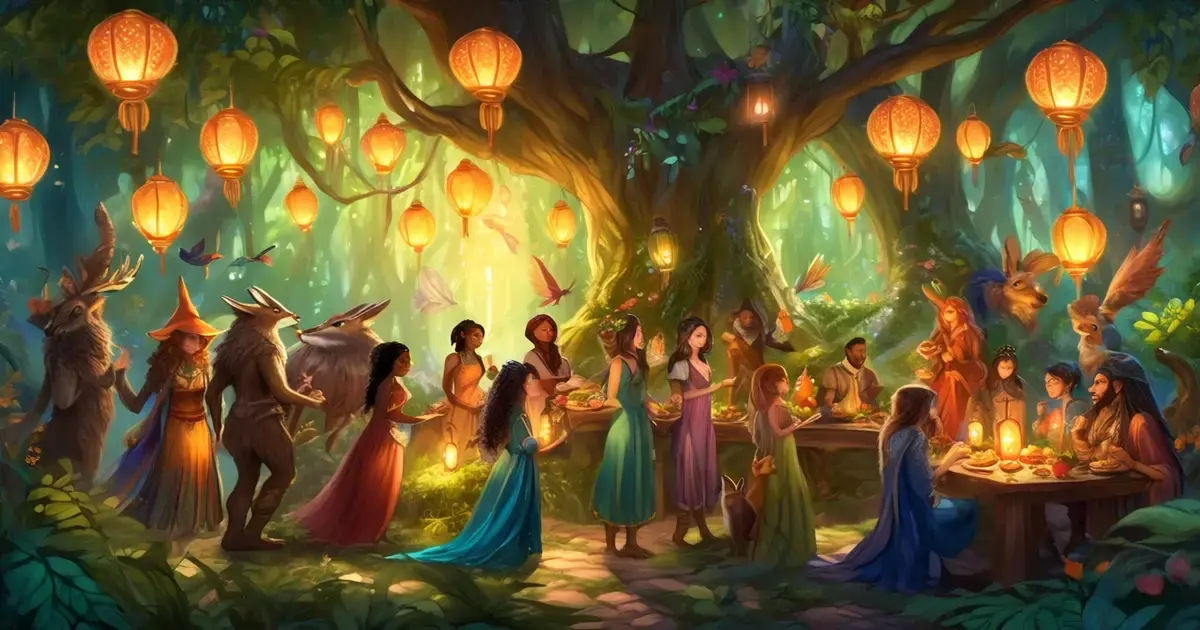
Challenges and Considerations in Sharing
Sharing is not as simple as it may sound; it can become complicated. Everyone fears getting shortchanged or losing what they already possess, or they fear that sharing will result in them receiving a smaller share. This fear, though understandable, often stems from a zero-sum, scarcity mindset—believing that if one side gains, the other side has to lose.
Tales such as "The Apple War" by Bernice Myers express this concept perfectly. Two kings, Sam and Oscar, fight over apples, nearly going to war before deciding that sharing the apples leads to harmony. This story illustrates that steps can be missed even when everyone has the right intent, leading to confusion. Some honest discussion and a little understanding can do wonders.
Sharing within a peer-to-peer file-sharing network also introduces challenges. Early days with Napster made it easy to send music or files, but stirred up issues about fairness and ownership. Newer systems like BitTorrent or Gnutella keep evolving, reminding us that sharing digital things means thinking about trust and balance.
Setting Healthy Boundaries
Setting healthy boundaries helps make sharing a fun experience. For instance, sharing food with strangers at a Moroccan souk seems organic, but it's only effective when everybody is in the loop. Communicating your limits—for example, how much time or material you can provide—will prevent confusion.
Consent is essential and straightforward. Nobody wants to feel pressured or unappreciated. Establishing these boundaries can create a more enjoyable and respectful sharing environment.
When Sharing Feels Difficult
If you've had negative experiences, it's understandable to feel strange about sharing. For some people, sharing was instilled at a young age as an unequivocal good, whereas for others, sharing feels like too great an imposition.
If you are finding it difficult, take baby steps and tune in to yourself. Being kind to yourself makes it much easier to be vulnerable. Recognizing your feelings can help you navigate the complexities of sharing.
Addressing Unequal Sharing Dynamics
When sharing becomes a one-way relationship, there can be friction. Equitable sharing, whether dividing labor around the house or Docker containers across servers, is essential. These conversations are best honest, upfront, and clear about who is doing what.
Engage to build trust. Address the unequal sharing dynamics with an eye towards the trust-building process. Open communication can help ensure everyone feels valued and respected in the sharing arrangement.
Cultivating a Sharing Mindset
Sharing is more than just moving from one to another. It's all about cultivating that sharing mindset, developing empathy, recognizing how we're all interconnected, and enhancing the flourishing of all our neighbors.
The concept has a long history in altruism—literally, a concern for others' needs—going back to philosophers such as Auguste Comte. Beyond altruism, building our collective trust, developing our values, and fostering vibrant, transparent communities is crucial.
When people participate in decision-making, like in public participation models such as the African Charter or the Rio Declaration, it proves that sharing ideas, not just things, can shape better societies.
Start Small, Make a Difference
Make a difference, one sharing act at a time. Change begins with small acts. These small acts can create a chain reaction, whether sharing a meal, lending a book, or offering time to help fix a neighbor's car.
Back in Marrakech, one of the first things you notice about freely shared tea, besides the fact that it's everywhere, is the hospitality behind it. These minor habits develop into bigger moves, creating a foundation of trust and paving the way for bigger gifts.
The persistence of these seemingly minor deeds, day after day, makes the sharing mindset sink in.
Encourage Sharing in Your Family
Teach sharing through your family. Sharing is first taught through the family. Young children, particularly under four, require more time before mastering this new skill.
Children model what they see adults do. They notice when parents model sharing, perhaps by dividing a snack or assisting each other. Family activities that require collaboration or alternating turns help establish sharing as an everyday expectation.
Over time, this creates kids who grow up to be adults for whom sharing is second nature.
Lead by Example in Your Community
In Marrakech, community leaders often volunteer their time to help with local events or solve problems together. This kind of sharing creates a ripple effect, encouraging others to join.
Whether grand or humble, each gesture fosters a "we" spirit over an "I" culture. The more everyone participates, the better our entire community becomes.
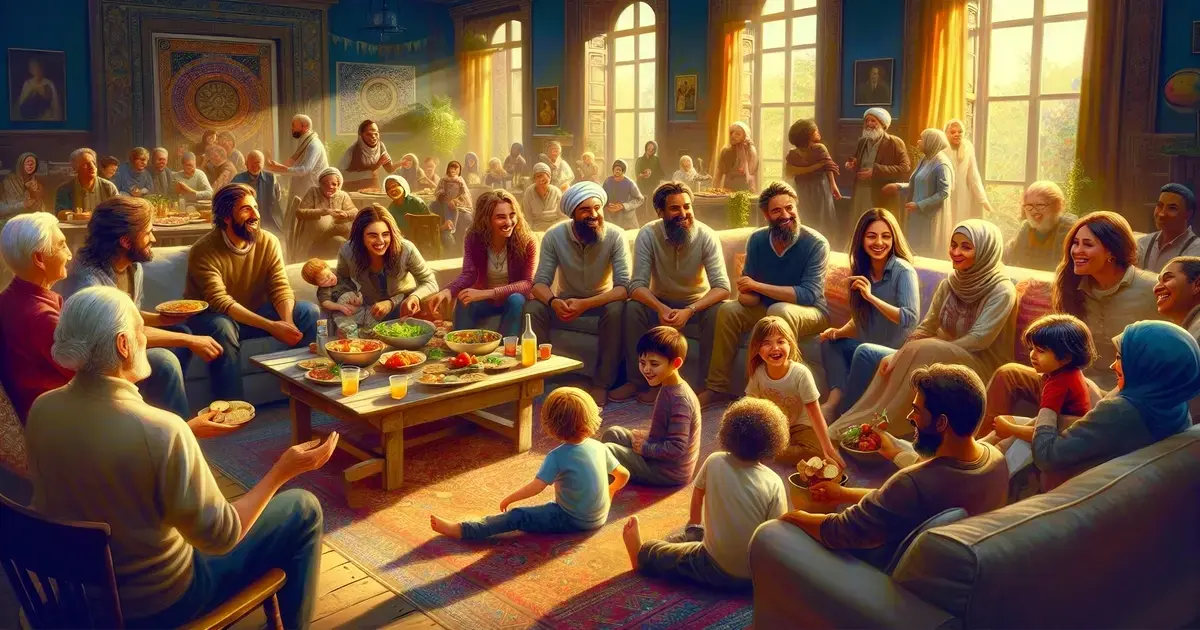
Conclusion
Here's your chance to see "sharing is caring" in action! Just glance at a neighbor sharing a shovel, a friend sharing her lunch, or people in Marrakech exchanging anecdotes and advice over mint tea. Sharing inspires communities to brighten up their everyday life. It teaches people to build trust and spark joy, often in small, incremental ways. That simple gesture of providing directions or sharing a loaf of homemade bread might be the thing that makes someone's day. In a time and place when everything is so hectic and chaotic, sharing helps take a step back and connect people. It's not about flashy moves—it's about authentic connections. We would love to hear from you, whether you have a talent or resource to share! Take the plunge on sharing. Sometimes, the smallest actions can kick off a positive change in your neighborhood, community, or even worldwide. Take this opportunity, try something new, and see what unfolds.
Related Tips
